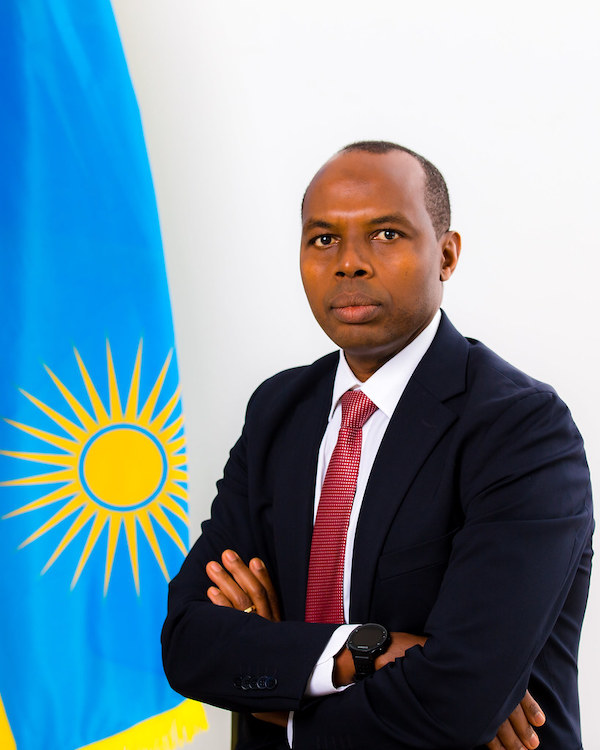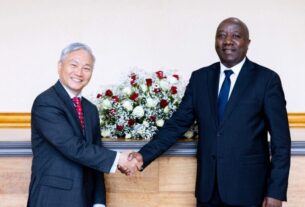Rwanda has lately earned recognition as the third easiest country in the world to start a business, a significant accolade that reflects the nation’s commitment to fostering a favorable business terrain. According to the rearmost World Bank report named Business Ready 2024, domestic companies in Rwanda take an normal of 32 days to launch their operations, while foreign companies can begin their conditioning in roughly 39 days. This effectiveness is a clear index of Rwanda’s visionary approach to attracting both original and transnational investment.
The report, which was released on October 3, 2024, in Washington, D.C., farther highlights Rwanda’s strengths in public service invention and compliance with business regulations, ranking 8th and 17th in these orders, independently. This recognition showcases the country’s nonstop sweats to enhance its nonsupervisory frame and public services, making it a conducive terrain for entrepreneurs and businesses.
During the donation of the World Bank report, Francis Gatare, the Director General of the Rwanda Development Board( RDB), handed precious perceptivity into how Rwanda has achieved this estimable standing. He explained that the country’s development strategy has been deeply embedded in perfecting cooperation between the government and the private sector. This cooperative approach has been vital in creating a business-friendly ecosystem that encourages investment and entrepreneurship.
Gatare emphasized that since 2003, the private sector’s donation to Rwanda’s public frugality has soared over 14 times. This remarkable growth underscores the critical part that private enterprises play in the country’s profitable geography. With increased participation from the private sector, the productivity of Rwandans has also seen significant enhancement, farther propelling the nation towards its development pretensions.





